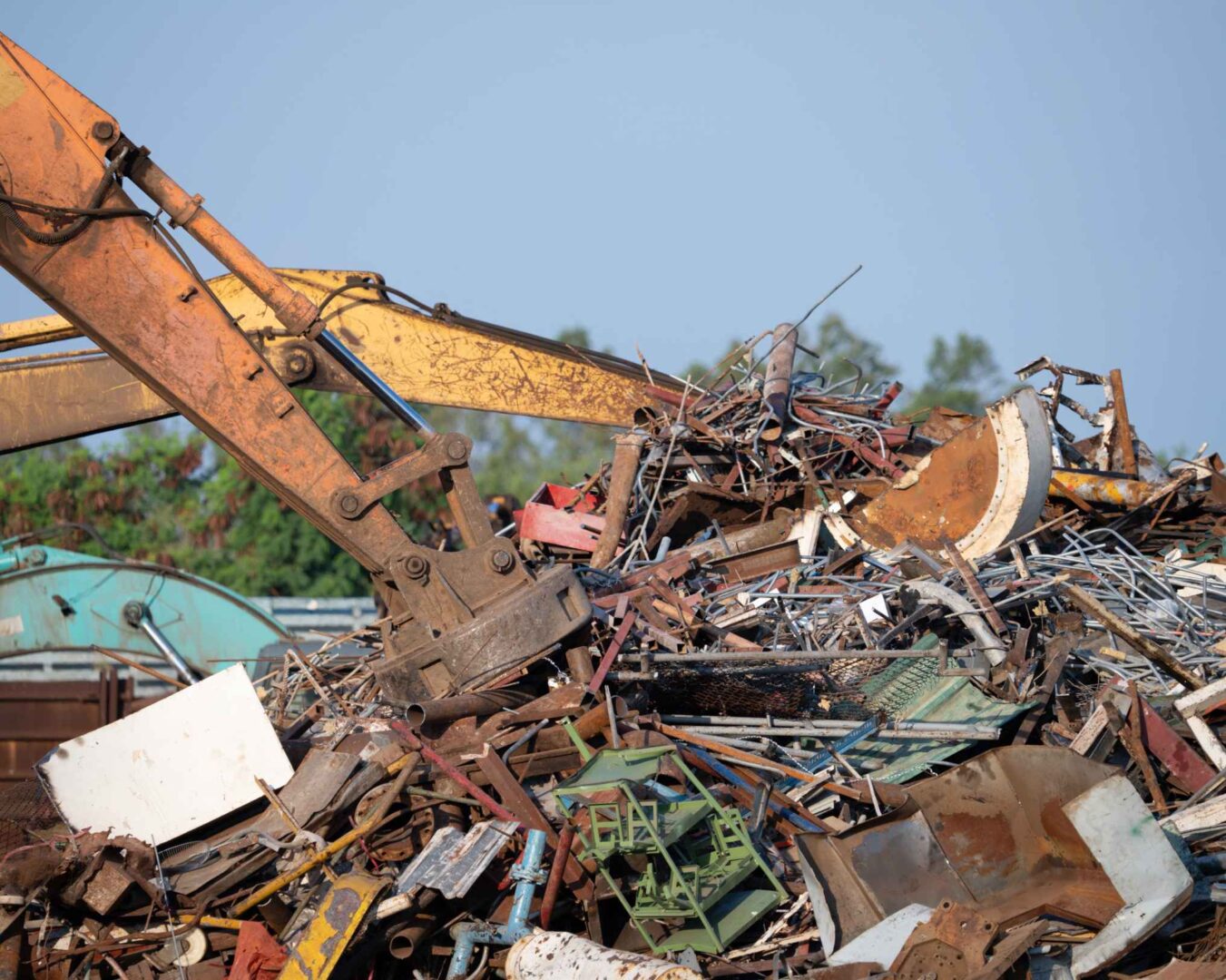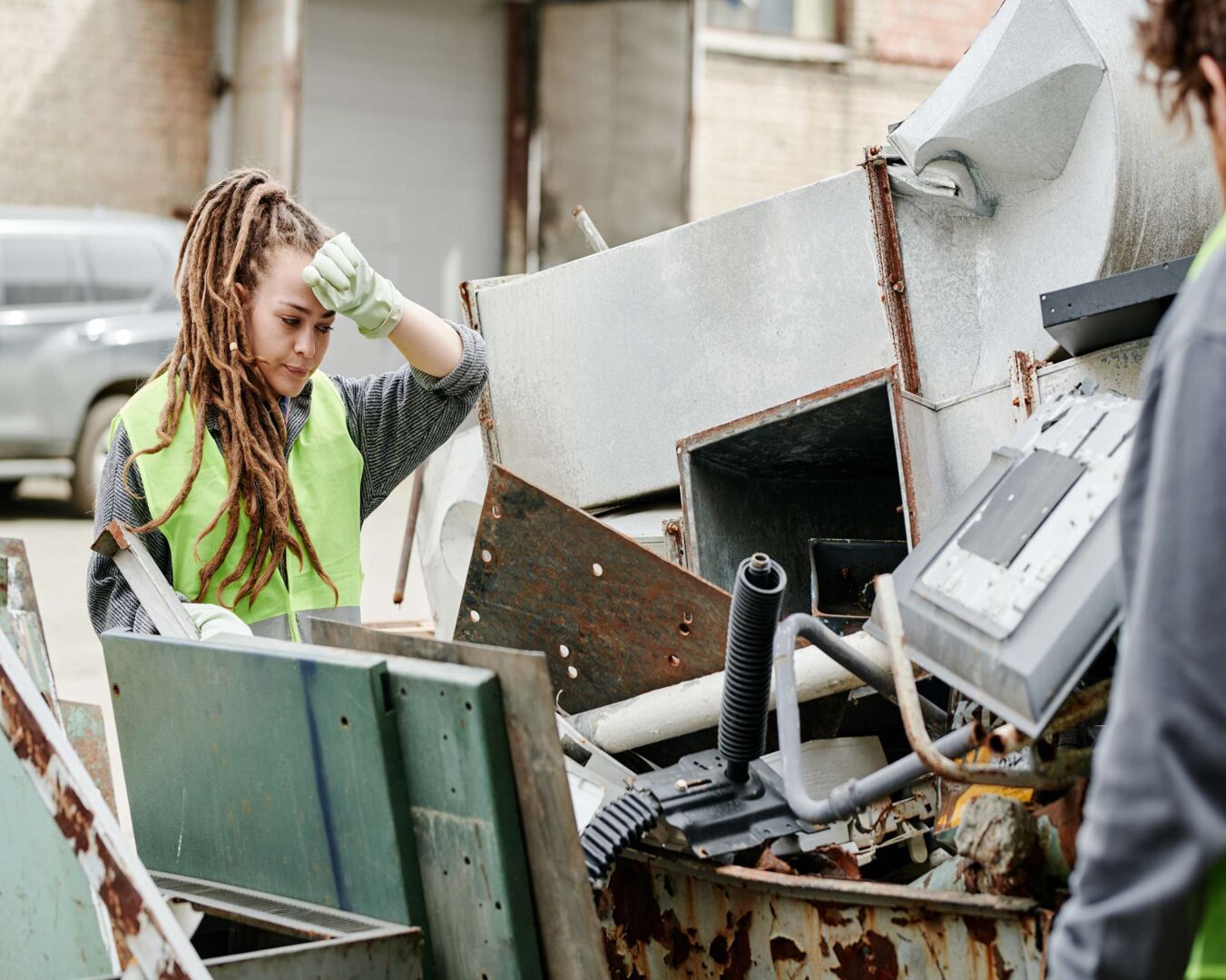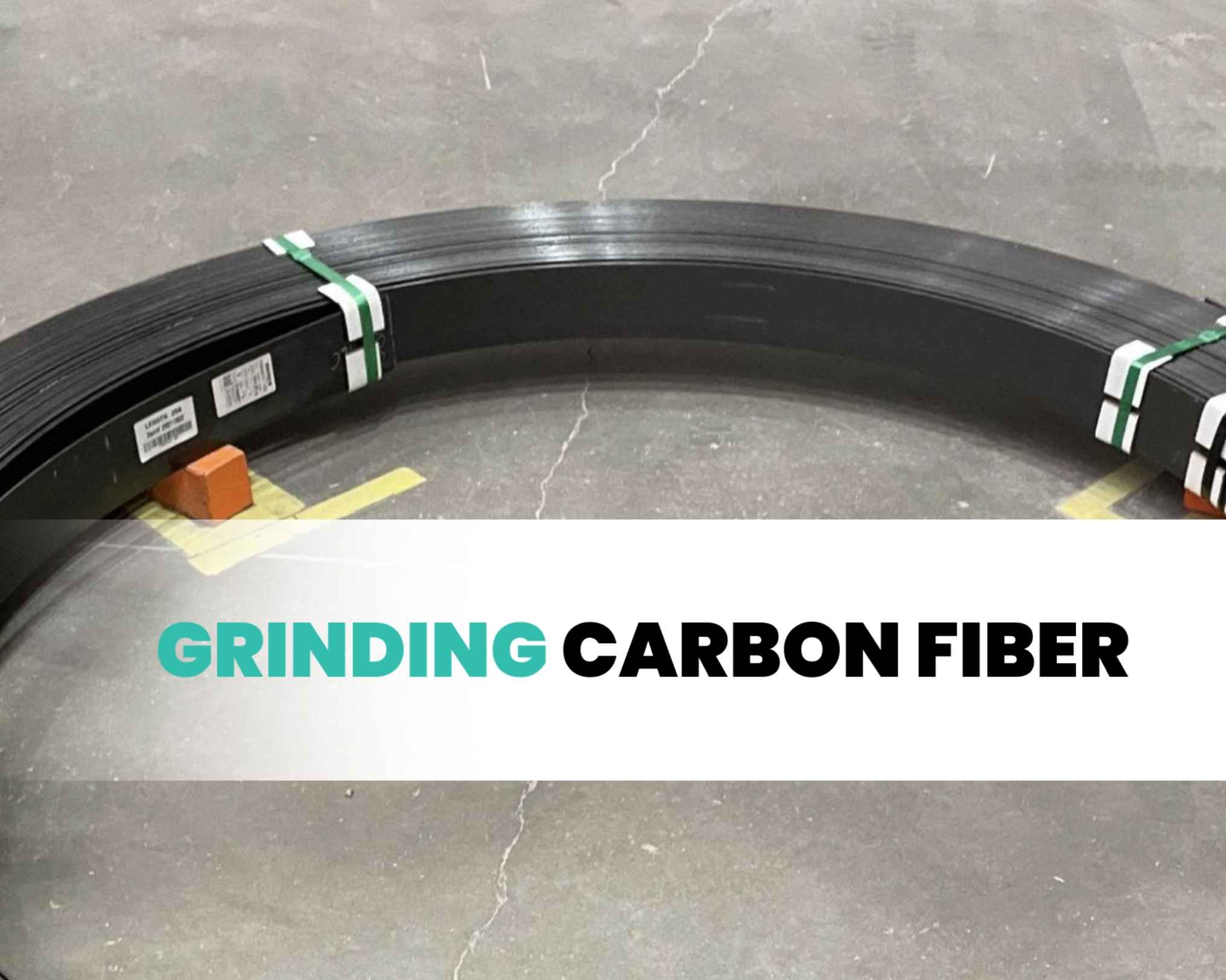In 2020, a silent specter began haunting our cityscapes, beaches, and waterways. It wasn’t the feared virus itself but the very armor we donned against it: masks, gloves, and protective gowns, discarded haphazardly and now lining our world in an ominous display of unintended consequences. As humanity rallied against a microscopic adversary, our streets bore witness to a rising environmental challenge. This isn’t just a tale of littering. It’s the story of an unfolding environmental dilemma that has been overshadowed but not outdone. Dive in as we reveal the unexpected aftermath of our protective endeavors and the innovative paths to PPE disposal that businesses can take toward a cleaner, greener future.
Table of Contents
The Surge of PPE and Its Environmental Consequences
The COVID-19 pandemic catalyzed a skyrocketing demand for Personal Protective Equipment (PPE). As the world grappled with an invisible enemy, the very equipment meant to protect us started to unveil a different type of challenge.
Lifespan of PPE: Why Does It Matter?
Understanding the lifespan of PPE isn’t just about individual usage. On a larger scale, if communities and businesses neglect to abide by these lifespans, the global waste generated could be exponentially higher, contributing significantly to the environmental crisis.
- The Ephemeral Nature: The typical surgical mask has a lifespan of 8 hours, while N95 respirators can last up to 72 hours. Knowing this helps in reducing premature disposal.
- Environmental Impact: A mask discarded before its lifespan can result in a 30% increase in waste generation, placing undue pressure on our already burdened landfills.
Discarded PPE and Our Ecosystem
PPE, predominantly made from plastic derivatives, threatens marine life when discarded incorrectly. Recent research showed a 400% increase in PPE-related waste on beach shores within just six months of the pandemic. These non-biodegradable components disrupt aquatic ecosystems and pose ingestion risks to marine species.
- Birds and Land Animals: It’s not only aquatic life that’s at risk. Birds and other animals can become entangled in discarded PPE, leading to injuries or death.
- Microplastics Problem: As masks and gloves degrade, they can form microplastics which are easily ingested by animals and can make their way up the food chain, affecting human health as well.
The Importance of Proper Disposal
As the reality sinks in, it’s imperative to understand the profound implications of our actions and their consequences on Mother Earth.
The Environmental Toll of Ignorance
PPE, when discarded carelessly, finds its way into landfills. A single mask can take up to 450 years to degrade. With billions of masks being used daily, the potential long-term environmental damage is staggering. Contaminated PPE can also leach toxins into the soil, disrupting terrestrial ecosystems.
- Air and Water Contamination: Incorrectly disposed of PPE can lead to the release of harmful pollutants, affecting air and water quality.
- Strain on Recycling Facilities: Many PPE items aren’t recyclable in conventional facilities. If mixed with regular recyclables, they can contaminate batches, making them harder to process.
The Business Repercussions
Apart from the apparent ecological damage, businesses face a more immediate concern – reputation and financial loss. In a survey, 68% of consumers claimed they would reconsider brands not actively participating in proper PPE disposal, emphasizing the gravity of the situation in a world increasingly leaning towards eco-conscious decisions.
- Supply Chain Challenges: An overload of PPE waste can lead to disruptions in waste management supply chains, increasing costs.
- Public Perception: In the age of social media, businesses can face backlash for their environmental footprints. It’s essential to actively demonstrate commitment to sustainable practices.
Beneficial Reuse: A Promising Approach to Disposal
In a sea of challenges, one solution stands out promisingly, Beneficial Reuse.
Understanding the Concept of Beneficial Reuse
Beneficial Reuse is the practice of repurposing waste into valuable resources. Rather than viewing PPE as garbage, this approach sees it as a raw material for future products, ensuring sustainability.
Happen Ventures’ Blueprint for Proper Disposal
Happen Ventures, a pioneer in waste management, has developed a roadmap to transform PPE waste. They focus on:
- Assessment: Identifying and segregating reusable PPE components.
- Transformation: Employing proprietary techniques to repurpose PPE waste into sustainable products.
Our collaboration with Walmart in Puerto Rico resulted in a reduction in waste within a year, setting an example for businesses worldwide.
Translating PPE Waste to Worth
The paradigm shift from viewing PPE as waste to recognizing its worth is the cornerstone of sustainable disposal practices.
Business Advantages of Adopting Beneficial Reuse
- Financial Gains: By repurposing PPE, businesses can reduce disposal costs and even create new revenue streams.
- Brand Image: Demonstrating a commitment to eco-friendly practices enhances brand reputation, attracting a more conscious consumer base.
- Regulatory Alignment: Companies adopting such measures often find themselves naturally aligned with environmental regulations, reducing the risk of inadvertent non-compliance.
- Enhanced Employee Morale: When employees notice their company prioritizing eco-friendly initiatives, it can boost morale, with staff feeling proud to be part of a socially responsible organization.
The Broader Impact on Environmental Sustainability
Beneficial reuse promotes the principles of a circular economy, where products are recycled, repurposed, and reused to maximum capacity, ensuring minimal wastage and sustainable resource utilization.
The ripple effect of such responsible practices is far-reaching. A reduction in landfill waste, decreased environmental hazards, and the creation of sustainable products all culminate in a more balanced ecosystem.
Enhancing Environmental and Social Responsibility
In an interconnected world, every business decision reverberates. Adopting sustainable PPE practices not only safeguards the environment but also fortifies a brand’s commitment to global well-being.
- Stakeholder Engagement: Engage with stakeholders, from suppliers to customers, to understand their concerns and expectations regarding sustainability. This can help shape more effective strategies.
- Transparency: Publish regular reports on sustainability initiatives, challenges, and achievements. Being transparent about efforts and progress fosters trust and encourages others to follow suit.
Conclusion:
As we navigate the complexities of our modern world, we must remember that every action has an impact. The disposal crisis offers an opportunity. Addressing the challenge with innovation and responsibility can pave the way for a brighter, greener future. With businesses, consumers, and organizations like Happen Ventures leading the charge, there’s hope on the horizon for a sustainable future.




